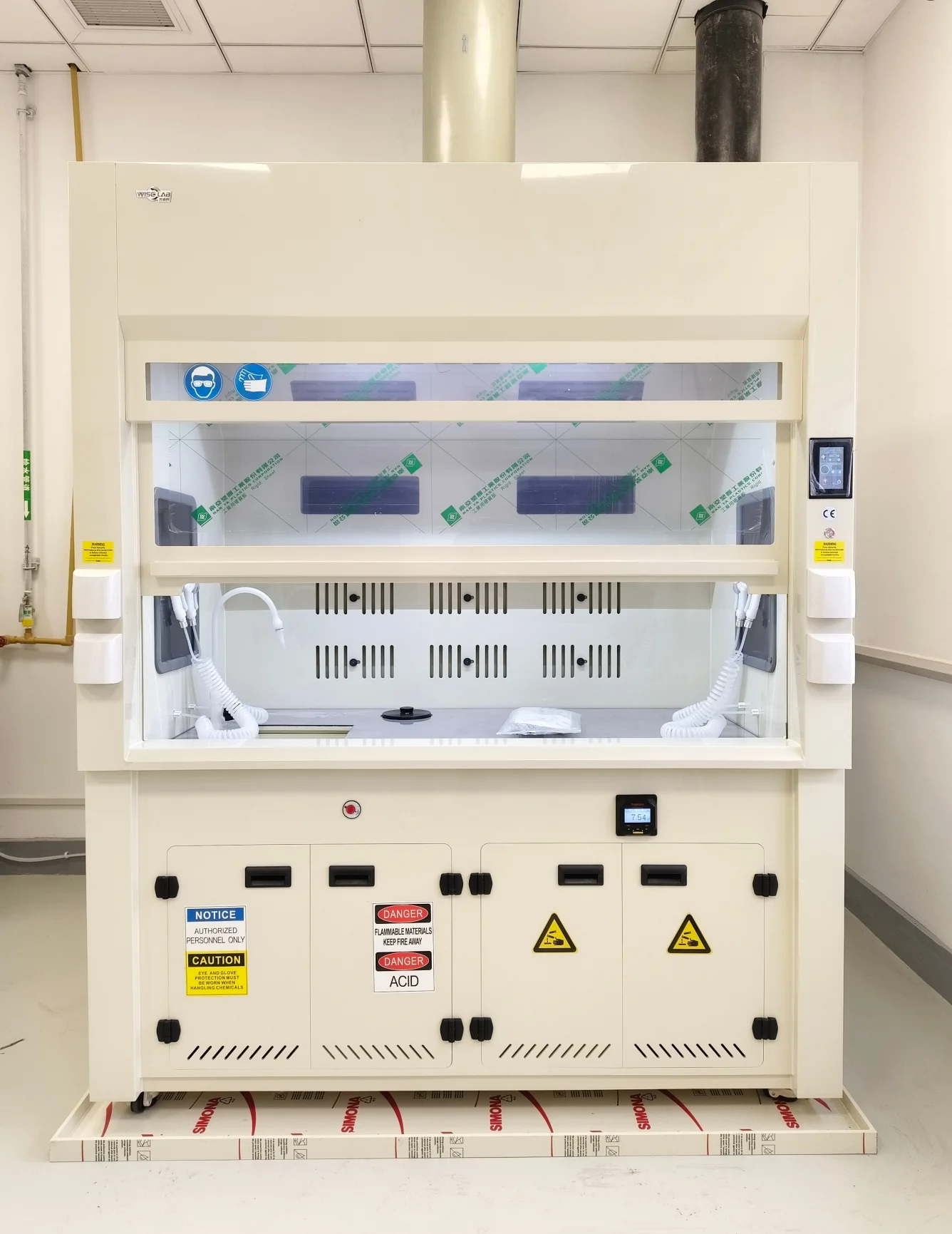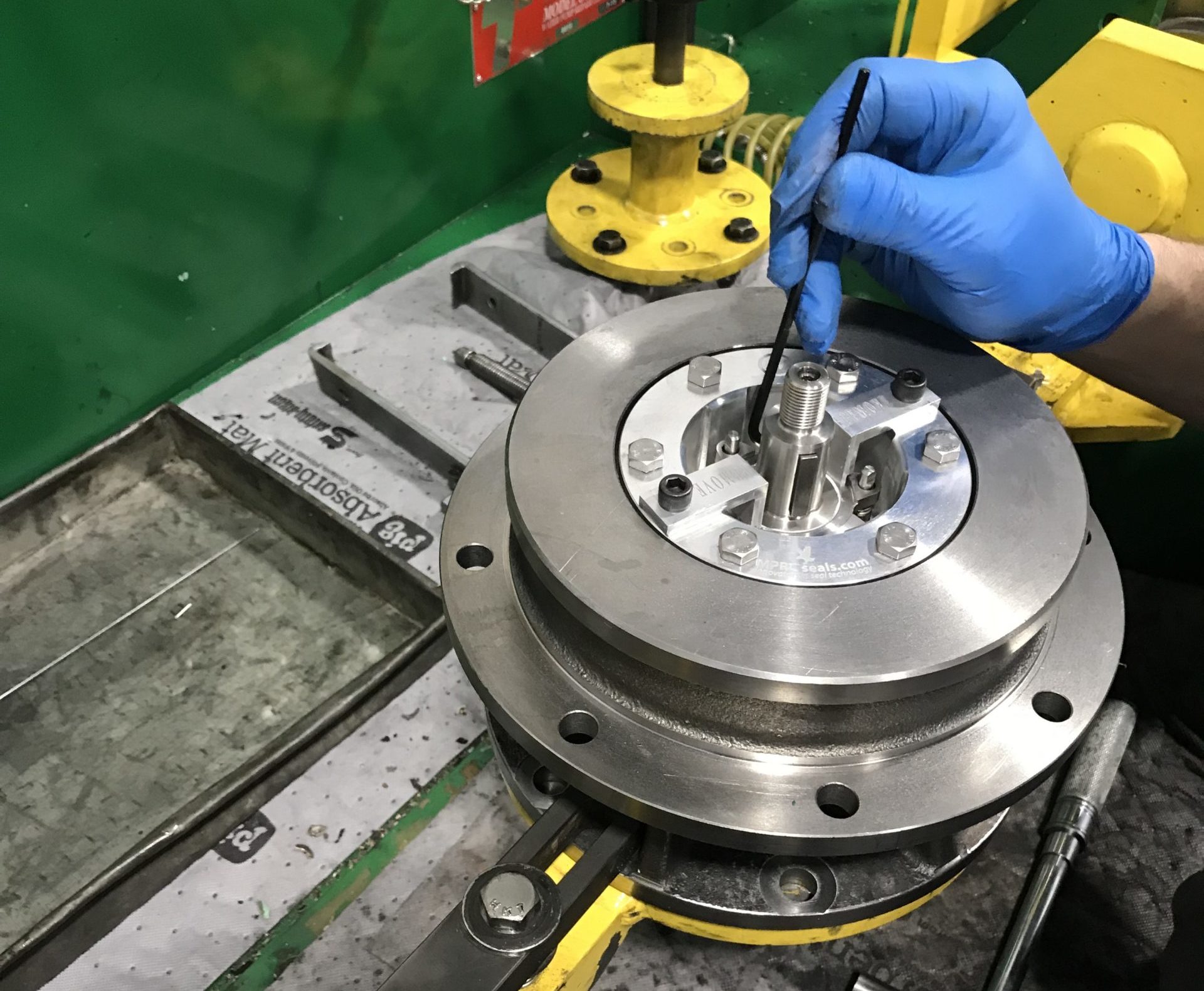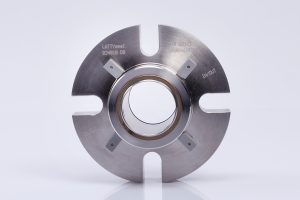Mechanical seals are critical components in many industrial applications, including pumps, compressors, and mixers. They are designed to prevent leakage of fluids and gases between two surfaces, typically a rotating shaft and a stationary housing. However, one of the most common questions asked by engineers and operators is how much pressure can a mechanical seal hold? In this article, we will explore the factors that determine the pressure limits of mechanical seals and their applications.
Factors Affecting Mechanical Seal Pressure Limits
The pressure limits of mechanical seals depend on several factors, including the seal design, materials, operating conditions, and application requirements. The following are some of the key factors that affect the pressure limits of mechanical seals:
- Seal Design: The design of the mechanical seal plays a crucial role in determining its pressure limits. The seal must be able to withstand the pressure generated by the fluid or gas being sealed, as well as any external forces or vibrations. The seal face geometry, spring design, and secondary sealing elements all contribute to the seal's ability to withstand pressure.
- Materials: The materials used in the mechanical seal must be able to withstand the pressure, temperature, and chemical properties of the fluid or gas being sealed. The seal faces, secondary sealing elements, and hardware must be made of materials that are compatible with the application requirements.
- Operating Conditions: The operating conditions, including temperature, pressure, and speed, can affect the pressure limits of the mechanical seal. Higher temperatures and pressures can increase the stress on the seal, reducing its ability to withstand pressure.
- Application Requirements: The application requirements, such as the type of fluid or gas being sealed, the flow rate, and the system pressure, can also affect the pressure limits of the mechanical seal. The seal must be designed to meet the specific requirements of the application.
Applications of Mechanical Seals
Mechanical seals are used in a wide range of industrial applications, including pumps, compressors, mixers, and agitators. They are used to seal fluids and gases in applications such as:
- Chemical Processing: Mechanical seals are used in chemical processing applications to seal corrosive and hazardous fluids.
- Oil and Gas: Mechanical seals are used in oil and gas applications to seal high-pressure and high-temperature fluids.
- Water Treatment: Mechanical seals are used in water treatment applications to seal water and wastewater.
- Food and Beverage: Mechanical seals are used in food and beverage applications to seal sanitary fluids and prevent contamination.
Conclusion
In conclusion, the pressure limits of mechanical seals depend on several factors, including the seal design, materials, operating conditions, and application requirements. Understanding these factors is critical in selecting the right mechanical seal for a specific application. Mechanical seals are used in a wide range of industrial applications, including chemical processing, oil and gas, water treatment, and food and beverage. By selecting the right mechanical seal and understanding its pressure limits, operators can ensure safe and efficient operation of their equipment.






+ There are no comments
Add yours